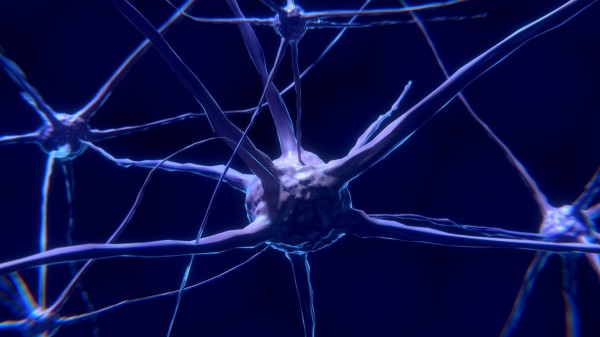Why Alzheimer's Disease Patients Travels Back in Time and Reminisce Their Past
Growing old is a part of a human's life cycle enabling individuals to learn, appreciate, and love. According to Science News for Students, our brain continues to change as we go with our lives. They added that cells in the brain connect as we learn. Learning and growing old is all sunshine and rainbows until Alzheimer's disease can come into the picture and make you forget most of the happy memories you have.
According to Alzheimer's Society, it is a physical disease that affects the connections of billions of nerve cells connecting inside the brain. They added that proteins build up and form abnormal edifices called "plaques" and "tangles." Over time, the cells die, resulting in brain tissue loss. Alzheimer's society emphasized that patients with Alzheimer's have fewer chemicals in the brain that helps the cell communicate with each other.

Why do they remember their past the most?
In some cases, patients with Alzheimer's tend to remember happy childhood experiences and teenage years. There are also times when they recognize caregivers as their children or relative. Alzheimer's Association called this phenomenon a Memory Loss and Confusion. The Association added that, in some cases, the patient could not remember the purpose of common items such as pens.
Painful and sad with the possibility of a loved one forgetting about you or not recognizing you, there is a scientific explanation for that. Discover Magazine said that this is caused by a result of how memory is stored. They added that the disease known to attack the brain called the hippocampus responsible for making memories and learning. Discover magazine highlighted that it is the one responsible for retrieving data on everything.
On the other hand, memories of the past are often located on the neocortex, placed outside the hippocampus, saving memories of their past from Alzheimer's initial blows. According to Rita Guerreiro, a neurogeneticist at Van Andel Institute based in Michigan, Alzheimer's first affects the brain's areas for forming new memories, and they may hold on to their past for some time at the beginning of the disease. Guerreiro also stated that patients can start to be confused about space and time as time goes by.
READ ALSO: Changes in Emotional Responses May Be Early Signs of Vascular Dementia
How to Care for People with Alzheimer's
Taking good care of a loved one with Alzheimer's can be very stressful, energy-draining, and painful at the same time. Instances where they can't recognize you or tell stories about you without them knowing, can pinch your heart and sometimes build up emotions in your chest. Steven Dowshen, MD from Nemours, said that being patient is the key to taking care of them because they may have good days or bad days, depending on your visit.
Helpguide said that coping with communication changes will help because the patient has trouble finding words, increased hand gestures, and easy confusion. You should keep communication very short and simple, and of course, tell your loved one who you are and call them by their name. They are also reminded to be prepared to say things repeatedly because the patient cannot recall them for more than a few minutes.
READ NEXT: Researchers Reveal How Keto Diet Could Help Reduce Alzheimer-Causing Fungi in the Gut
Check out more news and information on Alzheimer's Disease on MD News Daily.
Oct 28, 2020 01:00 PM EDT





